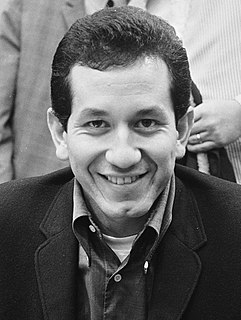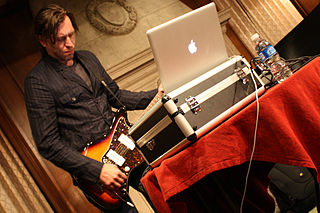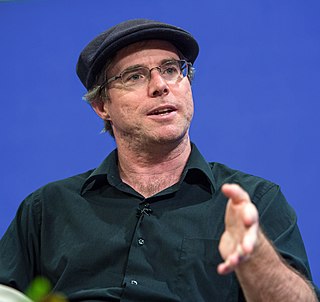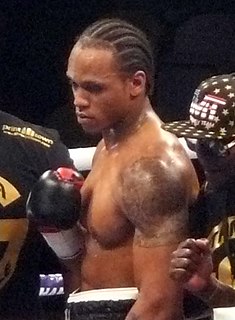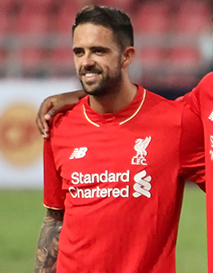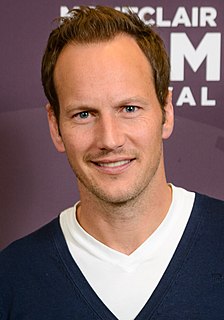A Quote by Whitfield Diffie
I was, from early on, interested in science. And my parents were very obliging about that. My father used to take me to the museum of natural history, and I knew much more scientific stuff early on. From the time I was 11 or 12, I wanted to be a mathematician.
Related Quotes
I started playing guitar at the age of 8 or 9 years. Very early, and I was like already into pop music and was just trying to copy what I heard on the radio. And at a very early age I started experimenting with old tape recorders from my parents. I was 11 or 12 at that time and then when I was like 14 or 15 I had a punk band. I made all the classic rock musician's evolutions and then in the early nineties I bought my first sampler and that is how I got into electronic music, because I was able to produce it on my own. That was quite a relief.
The process of decolonisation in Nigeria was a very untidy one. The British, when they were leaving finally and knew exactly who they wanted to take over, they wanted pliant government, figures, structures, they wanted to continue indirectly in effect their control over much of their colonial possessions and this was one of the very early causes of conflict.
I still remember how my father used to wake me up at 4 A.M. and make me study. He also used to take me for a walk and then always dropped me to school. I was very disciplined, as my father inculcated those values in me. Now that my father is no more, I understand that you should not take your parents for granted.
I am not a historian, but I find myself being more and more fascinated by history and now I find myself reading more and more about history. I am very interested in Napoleon, at the present: I'm very interested in battles, in wars, in Gallipoli, the First World War and so on, and I think that as I age I am becoming more and more historical. I certainly wasn't at all in my early twenties.
Scientists are educated from a very early time and a very early age to believe that the greater scientist is the scientist who makes discoveries or theories that apply to the greatest ambit of things in the world. And if you've only made a very good theory about snails, or a very good theory about some planets but not about the universe as a whole, or about all the history of humankind, then you have in some sense accepted a lower position in the hierarchy of the fame of science as it's taught to you as a young student.
I knew I wanted to go to college and I wanted to study it acting, so I just looked for the best school that I could get into. Luckily, I had very supportive parents. I went to a conservatory that is basically drama school. You take one English class and one history class for four years but you don't take any other science or anything like that. It's strictly, from 7am until night, all acting. It's a lot. Some people find it too much, but for me I was preparing for a career and I never really looked back.

